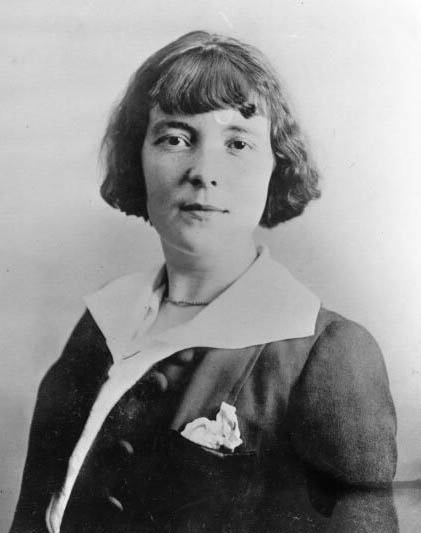“The Fly” by Katherine Mansfield — Summary and Analysis
Summary “The Fly” is a short modernist story that focuses on an unnamed character called the Boss, a wealthy and self-assured businessman. Six years have passed since his only son was killed in the First World War. The Boss appears to have recovered on the outside, and he likes toContinue Reading




